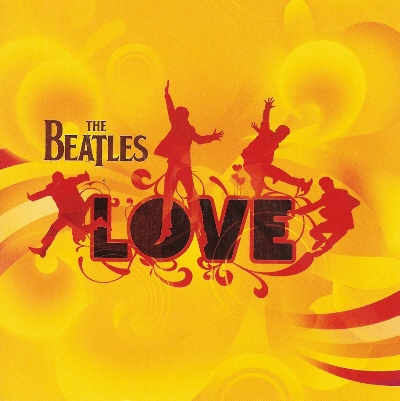
I don't know if The Beatles are considered the first political activists, but they were certainly one of the more politically vocal, both as a band and as individual members. From the mid-1960s through 1970 when the band broke up, they touted peace, love, an end to war, and embodied basically everything the 1960s stood for. Their song, "All You Need is Love," was written for the first live, around the world broadcast and was meant to bring people together. John Lennon and Yoko Ono staged a "Bed In for Peace" and even rented space on several New York City billboards, proclaiming that peace, not war, was the answer. Their music was the voice of an entire generation, a generation that was against war, specifically the war in Vietnam. But how successful were these efforts? We clearly still fight wars, and Lennon's vision of a world without anything "to kill or die for," is still just a dream. It seems that these anti-war sentiments only served to make the band more popular, rather than drawing attention to the actual issues at hand.
There are several reasons why The Beatles message of peace and love wasn't as successful as political messages from other bands have been. The first is that The Beatles weren't affiliated with any group or non-profit organization. Fans who wanted to carryout the mantra of peace and love couldn't donate money to a charity or volunteer their time to an organization. They simply had to love one another.
Also, the band's goal of ending war and having everybody be kind to one another is a very broad one. Rather than choosing to voice their opinion against a specific war or a specific act of violence, they tried to end all wars. While it is a noble and admirable goal, it is also a lofty one, and such a large scale goal is hard to accomplish in such a short period of time.
A third reason why The Beatles weren't a successful as other political activists is that they didn't give fans directions on how to end war. They said that war is bad, peace and love are good, so love one another and end violence. They didn't say how to accomplish this, and while hippies took the Beatles' advice to heart, violence still raged on and wars were still fought.

The Beatles were more successful as individuals rather than as a band in terms of political activism. Paul McCartney has embraced vegetarianism and has campaigned for animal rights, as well as for the removal of landmines left in countries as remnants of wars fought long ago.
George Harrison organized a benefit concert for Bangladesh to support refugees and speak out against the wars in that country. The concert raised a substantial amount of money for UNICEF.
John Lennon rallied for the release of John Sinclair, a poet from Detroit who was jailed for giving two marijuana cigarettes to undercover police officers. Sinclair was released three days after Lennon's performance.
Using The Beatles as a case study for celebrities who use their status to promote an agenda allows several interesting conclusions to be drawn. First, bands and artists can practice political activism, but should be aware that using their celebrity to advance their political opinions may not help their actual cause, but just serve to draw more attention to themselves. Lennon, for example, was in jeopardy of being deported from the United States due to his political views.
We can also see that celebrity activism is more effective when it is attached to a single event or cause, rather than a fairly abstract concept, like "Peace and Love." Fans have an actual goal t
 o work towards and they can easily see the effects of their efforts.
o work towards and they can easily see the effects of their efforts.Finally, political activism by celebrities is more effective when fans are given a direction. Rather than saying "Make love, not war," Harrison prompted fans to donate money to UNICEF to help aid Bangladesh.
In the end, The Beatles mantra of "peace and love" has been effective, not because of the efforts of the band, but because of the activism of its individual members. Who can argue that raising money for an ailing country, promoting animal rights, and campaigning for the removal of land mines in poor nations isn't what "peace and love" is all about?
No comments:
Post a Comment